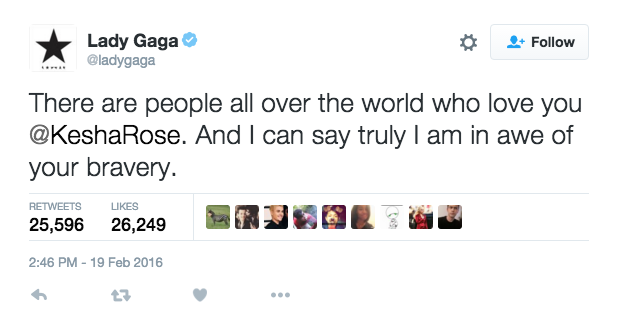First, let’s start off by defining feminism. No, it is not the feminism full of man-hating, woman-loving females who think women should rule the world. Feminism is simply the advocacy of women's rights on the grounds of political, social and economic equality to men with an acknowledgment that those rights haven’t been equal in the past.
Yes, equal rights are better than that of the '70s or anytime before now. In fact, optimistically, it gets better everyday. But, we are not close enough to where we should be as a society — or even a student body.
Now, we are dealing with something called “active and passive feminism” (replace feminism with sexism or racism, and we have the same problem). Active feminism involves those who continually speak out for women’s rights as well as acting upon their advocacies no matter their color, sexuality, etc. (e.g. Viola Davis, Will Smith, Matt McGorry, Emma Watson and Chimamanda Ngozi Adichie).
CardPassive feminism involves those who coin themselves as feminist, but hesitate to act on their words if it could make them look bad. In many ways, passive feminism is the equivalent of passive sexism. Passive feminism allows for the sexist institutions to stay in place and not be challenged.
Example A: Taylor Swift.
Swift and I have always had a love-hate relationship. Yes, I rock out to her emotionally driven lyrics in the shower and the car, but no — I don’t agree with how she represents feminism. From “squad goals” to keeping her silence during the recent injustices of Kesha's trial, she is not my idol of feminism.
She is a passive feminist.
She wants to reap the benefits that so many great women and men have strived to receive for a nice PR move, but not offer verbal support even if it is as simple as sending out a tweet in support of Kesha like so many other celebrities have:
standing with @KeshaRose through this traumatic, deeply unfair time. send good vibes her way everyone
— Lorde (@lorde) February 19, 2016

“@KeshaRose: don’t let anything stop you from shining pic.twitter.com/zSONuIrdDs”
— Wale (@Wale) February 19, 2016
Taylor, I’m sorry you got caught up in this mess, but there is something to be said about you and other self-proclaimed feminists like you who are not willing to "walk the walk." Sending $250,000 silently to Kesha isn’t helping anyone. Words are more powerful than money.
Everyone should be a feminist because everyone should want both sexes to be equal in all aspects of life. However, nothing will change or progress until passive feminism turns into active feminism.
How can we as students help this happen? You know those sexist comments you hear sometimes directed at your friend in social settings or class? Say something. Or how about when someone calls a woman bossy or a man gay if they aren’t playing out their prescribed gender roles? Say something.
Until we start speaking up, no one will hear what needs to be said.
Related Links:
Reach the columnist at morgan.difelice@asu.edu or follow @mcdifelice Twitter.
Editor’s note: The opinions presented in this column are the author’s and do not imply any endorsement from The State Press or its editors.
Want to join the conversation? Send an email to opiniondesk.statepress@gmail.com. Keep letters under 300 words and be sure to include your university affiliation. Anonymity will not be granted.
Like The State Press on Facebook and follow @statepress on Twitter.




